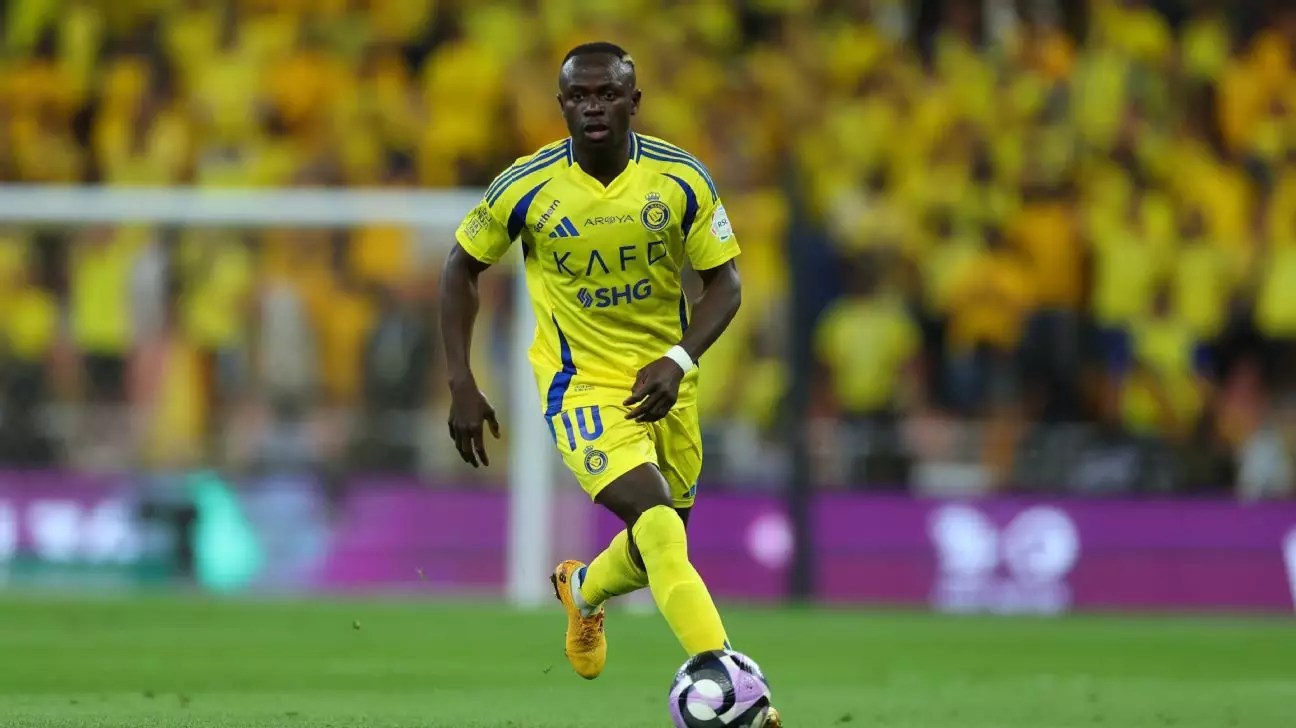Jürgen Klopp, a name synonymous with modern football excellence, has recently opened up about some of his most significant transfer regrets—revealing a more human side to the managerial genius. Speaking at the 10-year anniversary celebration of Hout Bay United Football Community in Cape Town, Klopp expressed remorse over not signing two key players during his tenure at Borussia Dortmund: Sadio Mané and Kevin De Bruyne. This candid admission came during an event where Klopp serves as a patron, representing the empowering values of community and football’s potential to foster societal growth.
Both mane and De Bruyne have gone on to have stellar careers, making their way to the top echelons of football. Ironically, Klopp’s failure to secure Mané for Dortmund led to a prolific partnership when the Senegalese forward ultimately thrived under him at Liverpool. His reflections serve as a reminder of the intricate dynamics within player transfers, often more complex than mere evaluations of skill.
The Duality of Regret
Klopp’s acknowledgement of his regrets highlights a crucial distinction in his reasoning. When it comes to Mané, he takes full responsibility for what he considers “misjudgement.” He admitted his reluctance to invest in a player he wasn’t entirely convinced by, reflecting a cautious nature that, in hindsight, may have cost both the club and himself dearly. Mané, who transferred to Liverpool for approximately £34 million after a successful stint at Southampton, ultimately became one of Klopp’s stars, netting a remarkable 120 goals during his time at Anfield.
Conversely, Klopp’s regret regarding De Bruyne stems from external factors; a blocked transfer orchestrated by Chelsea at the behest of José Mourinho, who was frustrated by his own failures to secure top talent like Robert Lewandowski. Here, Klopp’s hands were tied, showing how the failure to sign a player can often be shaped by the intricate power plays between clubs, coaches, and even the timing of player performances. De Bruyne’s subsequent dominance in the Premier League—with six titles under his belt—adds an additional layer of bitterness to the missed opportunity.
Lessons Learned in Player Acquisitions
This experience has undoubtedly influenced Klopp’s future decision-making when it comes to player acquisitions. He has cited his failures as pivotal lessons that have shaped his approach as a manager. The football landscape is fraught with risks, particularly in a world where fortunes can fluctuate wildly with one bad transfer decision. By owning up to these missteps, Klopp showcases a vulnerability that is often masked by the bravado of elite management.
Interestingly, while he identifies Mané and De Bruyne as major oversights, Klopp also acknowledges his failure to pursue Son Heung-Min with the necessary enthusiasm, allowing the South Korean star to sign with Bayer Leverkusen in 2013. Both Mané and Son have since blossomed into world-class players—testament to the importance of vigilance in player scouting.
The Emotional Terrain of Rivalry
Klopp’s reflections didn’t shy away from discussing the emotional nature of rivalries in football. While he emphasized respect for fellow managers, he also touched on how rivalries are often influenced by the allegiances these coaches hold. Describing his fondness for personalities like Carlo Ancelotti, Klopp pointed out that it is indeed the managerial positions that complicate personal relationships in this highly competitive arena. Instead of viewing his adversaries solely through the lens of competition, he chooses to maintain a sense of respect and humanity, illustrating how passion in football can merge with personal camaraderie.
In a sport so often steeped in aggressive ambition, Klopp’s perspective is refreshing. The nuances of his reflections on rivalries contribute to a deeper understanding of what drives competition in football. It’s not just tactics or player fitness; it embodies the very essence of teamwork, emotions, and individual philosophies that changing the game.
A New Chapter in Leadership
As Klopp navigates a new chapter without a desire to return to a head coach role anytime soon, his passion for football remains unabated. His commitment to using the sport as a vehicle for social good—seen in his efforts with Hout Bay United—illustrates a profound dedication to community building and human connection. This broader perspective shows that, for Klopp, football is not merely about trophies and titles; it represents an opportunity to unite people from all walks of life.
This ongoing saga of regret, reflection, and resilience encapsulates Klopp’s journey—not just as a manager but as a person deeply intertwined with the beautiful game.


Leave a Reply